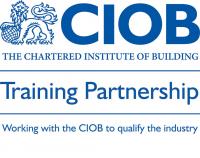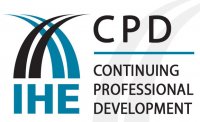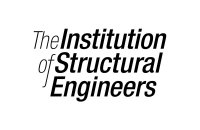The roles of the Highway Engineers, Supervisors and Inspectors are central to the effective management of the highway network. It is important that all concerned with the design and management of the network have a full understanding of wider road safety, community responsibility and other issues.
Aims & Objectives:
To address the situation where design and management by highway personnel often fall foul of Safety Audit, Environmental, Sustainability and "buildability" considerations, requiring eventual expensive (and probably unnecessary) redesign or remedial measures. This course is designed to ensure that such considerations are factored in by the Highway Engineer at appropriate stages in the process, and are not regarded as inconvenient later "clip-ons"!
The course can also ensure that all involved are qualified to the appropriate extent, raising awareness as to all routes to qualification, which can extend beyond civil/highway engineering, into environmental qualifications, transportation planning etc.
The course would then explore "deliverables" in the field of highway maintenance, quality systems, and consistency, and why these outcomes are important, and the benefits to the organization, and to the community, in achieving them.
The course is run as a project management (PM) exercise - embracing best PM practices.
Course Outline:
- An obvious essential is a clear understanding of the needs of the client, the physical elements of highway/road safety, and the human factors associated with road users.
- The various routes to qualification and their full understanding, and the individual steps needed to achieve them - relevant NVQ's, professional membership (all levels) with appropriate Institutions.
- The effects of road design, usage, and implementation of works on road safety
- The principles of Road Safety Audit (RSA). What is it the Auditor is looking for?
- How to improve design performance by building in RSA considerations from the start?
- Importance of clarity and lack of doubt
- A preliminary look at signage, parking controls and speed management as traffic regulation tools
- Time, Resources and Costs/budgets management
- Appreciation and management of quality systems
- What constitutes a Successful Outcome for the Organisation?
- A detailed appreciation of the attributes needed to successfully discharge joint highway management(HM)/road safety(RS) duties
- Good communications and the characteristics of a good mentor
- Preliminary look at elements contributing to Road Safety - such as the principles of permanent and temporary signage, parking controls and the need to encourage disciplined parking in all cases, speed regulation and the ways of effecting driver behaviour changes in specific circumstances
- Work Breakdown Structure
- Briefing individuals on appropriate qualification paths
- Development Objectives and/or other preparation needs
- Training Plan, Training Records, CPD, regular liaison with the Trainer
- Identifying the Employee's readiness for the Review
- Developing an effective logging system, Monitoring mile-stone
- Research into technical issues
- Appropriate Codes, Manuals, Working Methods
- Best Practice Review
- Post-Project Appraisals - how can RS performance be measured and improved?
Mode of Delivery:
Tutor presentation interspersed - as appropriate - with group and individual exercises, and exemplars.
Intended For:
- New Highway Engineers, Supervisors and Inspectors,
- a refresher for existing staff, and/or those needing to enhance the level of their current qualifications,
- those needing to marry highway management expertise with Road Safety and Audit knowledge and appreciation








